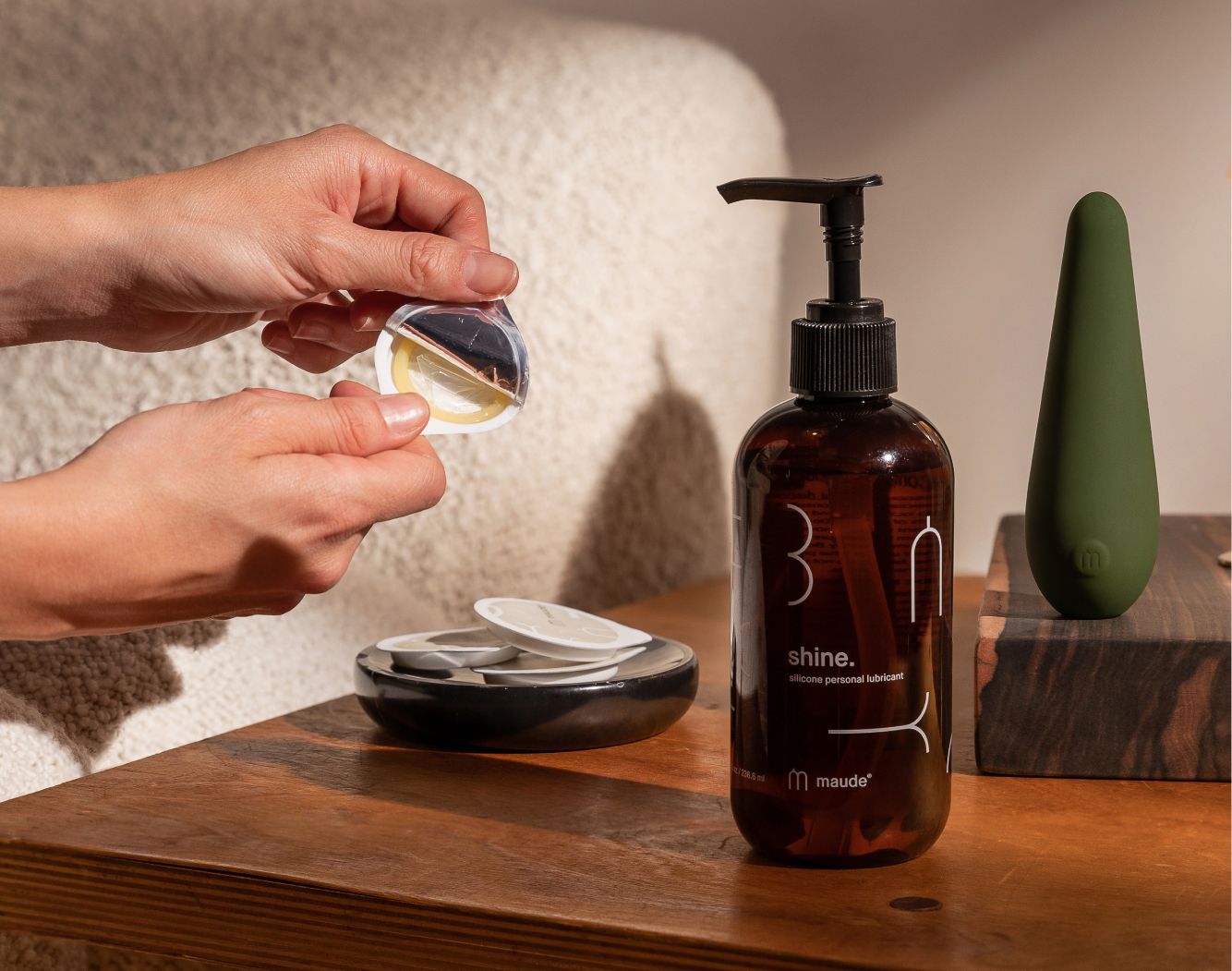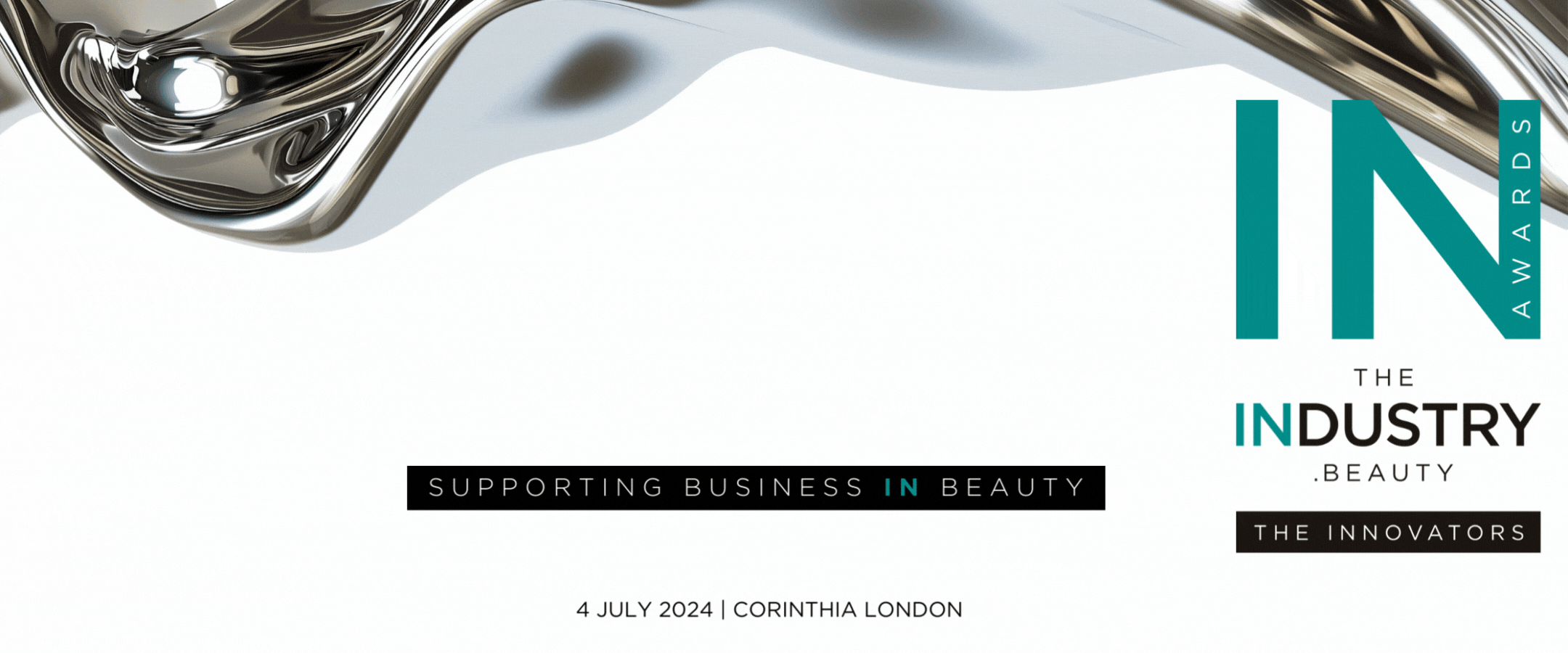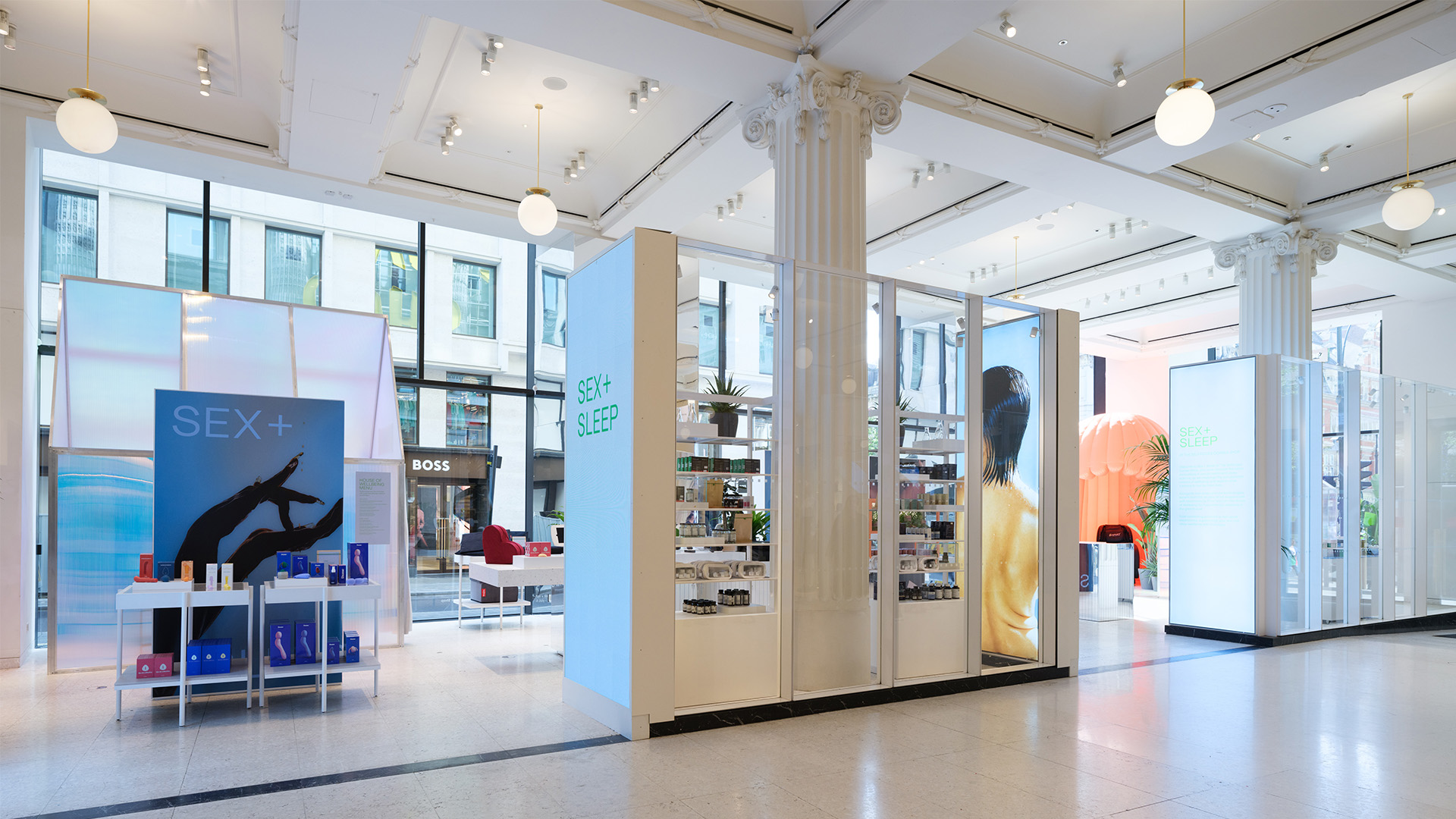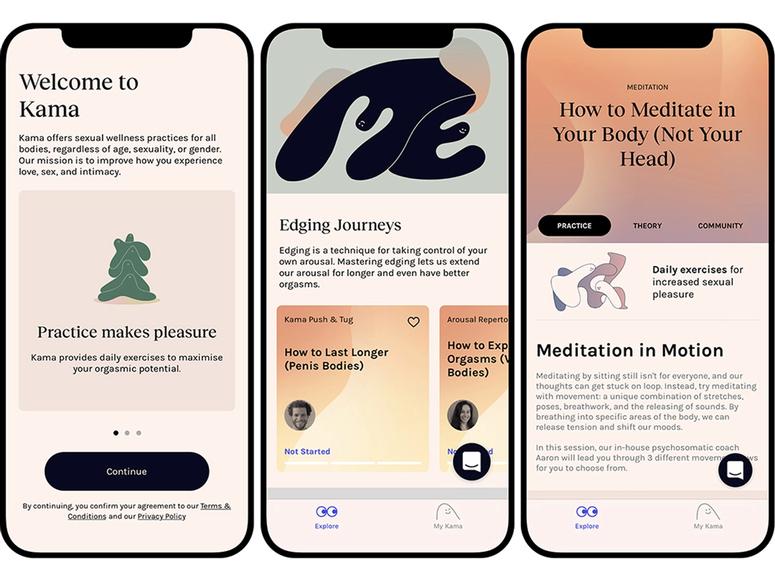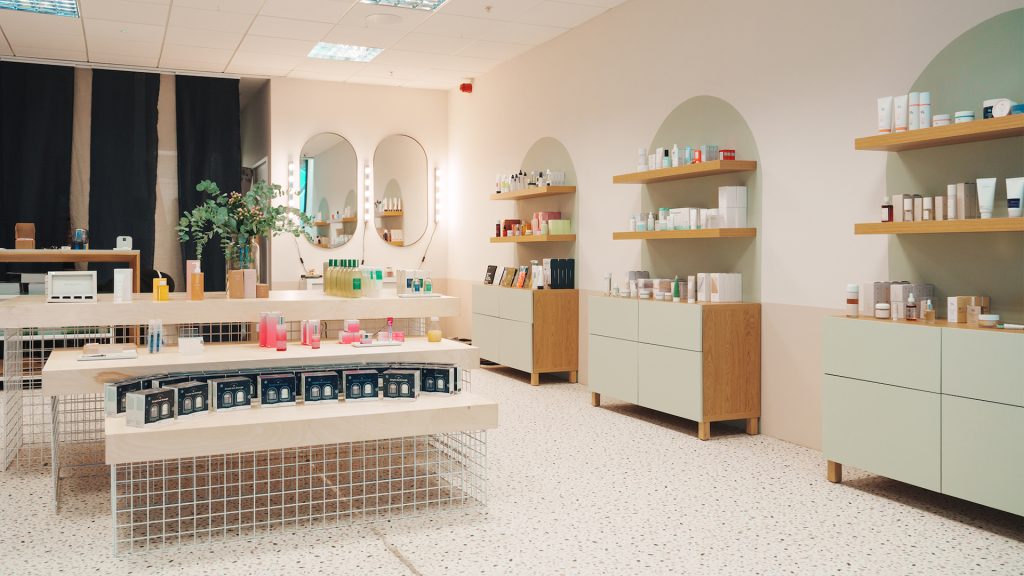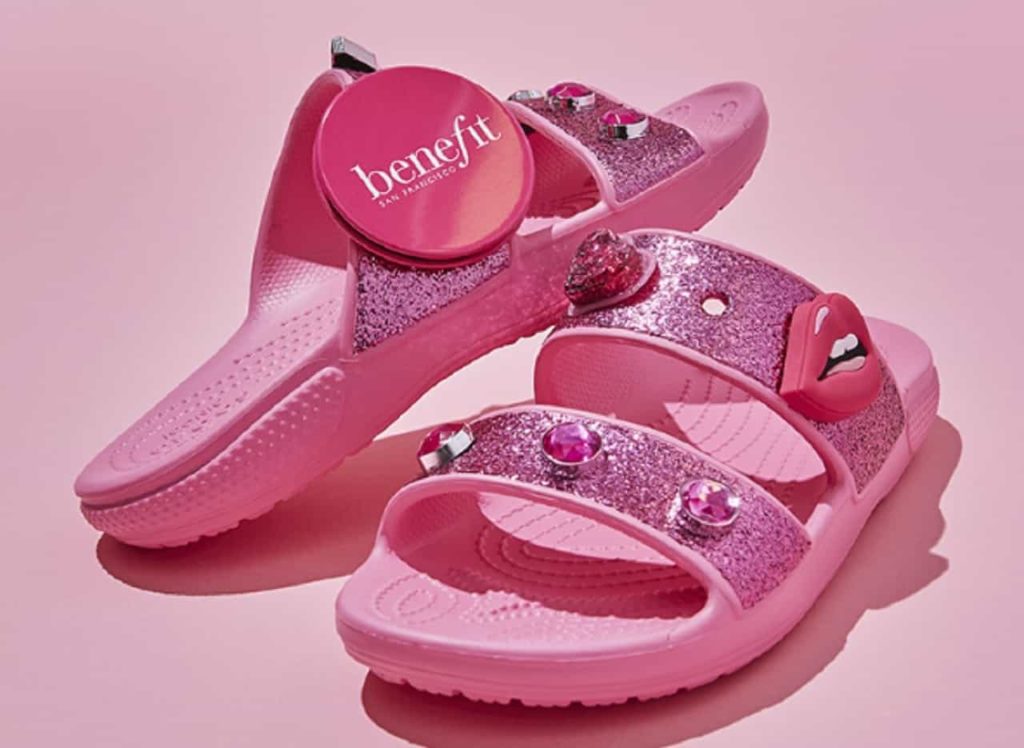Why we are witnessing a 'sexual wellness' revolution
There used to be a very clear and distinct separation between sexual health products or accessories and the rest of the beauty department. Today, many brands and products sitting in the newly labelled ‘Sexual Wellness’ category, both in-store and online, would happily sit along aside even the most premium of beauty products on your bathroom shelf.
Was it only a matter of time before lubricants became sexy? Sexual or Intimate Wellness has been embraced as an important factor of enhancing and fulfilling people’s life. Founded on the ethos of from-the-inside-out, sexual wellness products promote inclusive and experimental attitudes to give you that post orgasmic glow.
The global Sexual Wellness market is expected to reach $125.1 billion by 2026, Rising at a 12.4% CAGR according to ResearchAndMarkets.com.
In July, Selfridges London launched a new ‘Sex and Sleep’ wellbeing pop-up offering the exclusive launch of maude, the Dakota Johnson-backed sexual wellness brand alongside other sex and sleep-enhancing brands.
Eva Goicochea, Founder/CEO maude, talking exclusively to TheIndustry.fashion says: “To me, sexual health was such a critically overlooked foundation for how we feel about ourselves and others. Realising that the industry was the last frontier in personal care, I decided to start building maude, an inclusive modern intimacy company.
“Our take at maude is that sex is human and few brands have inclusively spoken to people throughout their adult lives in a smart, factual way,” says Goicochea.
Maude has focused less on sex and more on overall intimacy and health. The brand says its audience is 57% female and 43% male, and 43% are over 44.
“We've seen maude make an impact within beauty, becoming one of the first sexual wellness brands in Sephora and other retailers, ultimately destigmatszing the category further,” she says.
What took the sector so long to appear? “Before maude, the sexual wellness industry has been dominated by legacy brands who have focused so heavily on how to sell ‘sex’ (to young men, typically) via condoms and lubricant, that they overlooked intimacy and customers across age and gender,” says Goicochea.
“By democratising the topic of sex and creating products and content that anyone can use, we are hoping to empower people to make their own decisions and inform themselves. In doing this, we are levelling the playing field so that the culture of sex follows and so that sexual wellness can easily be understood as a part of overall wellness,” she says.
Founded in 2018, over twenty SKUs across the brand's product line, including devices, lubricants, bath, and body, are available in-store and online at Selfridges. maude’s most popular products are a 3-speed vibrator, burn massage candles, and personal lubricants. In 2020, actress Dakota Johnson joined maude as a Co-Creative Director and investor.
“I am very excited that the broader personal care and beauty space has started to ask questions around sexual wellness playing a part in health, especially psychological health. With Covid, particularly, these questions have come up a lot – what does intimacy mean? How is it affecting you if you are alone during the pandemic versus with a partner? I think that sentiment has changed for the better and it’s a conversation that feels more integrated, which I see as a sign of the times,” says Goicochea.
Other brands pioneering the sexual wellness sector are Roam, LBDO, The Oh Collective and JOMO, which has a luxurious sexual arousal oil infused with CBD and Italian indie brand Yspotm which launched ‘Nourish’, a plant-based intimate oil for the hydration of the vulva’s skin. Established brands like Anatomē have introduced Libido + Stress Support supplements.
Online retailer, Lovehoney, recently launched the world’s first sexual wellness pop-up space in the metaverse. Hosted on Decentraland, the space spans four floors and offers a full, immersive brand and product experience. The virtual store includes educational videos, workshops, a dance floor showcasing the new music-activated product collection “Juno” and an erotic NFT art exhibition and auction.
Education goes hand-in-hand with these products. Chloe Macintosh, Founder/CEO of Kama, a sexual wellness app. focused on the science-backed idea that ‘Pleasure is Health’, says: “Kama focuses on the body and addresses all gender and all sexes offering a better connection, better relaxation and helping to beat stress.
‘Sexual Wellness’ became a new investment category in the tech space about 4-5 years ago. Before that there was no ‘sector’ to represent this, which made it impossible for venture capital to size the market and therefore invest.
“Sex was classified as a vice industry in tech start up. There was strong reaction from the industry not to be associated with that. It sat alongside gambling and some drugs as a vice industry. Porn is the vice. It was a mistake in the wording and meant we couldn’t raise money for investment,” Macintosh says.
Sexual wellness became a new category which the market could analyse, identify and scale. If you don’t have a category, then people can’t invest.
“It is an industry created for women by women,” says Macintosh. “There is a practical attention to detail and aesthetics. 20 to 15 years ago dildos looked really big and phallic, now, we have dildos that are very organic and very small, designed by women for women,” she says.
Macintosh believes it is really important for this sector to be accessible for everyone with lots of illustrative language with the aim to make people feel comfortable and understand that talking about sex is normal, healthy and helps us to evolve.
“The attitude of the younger generation is driving and forcing the change,” says Macintosh. “Our generation is a very binary structure, we make binary decisions, ‘are you are in or out?’ There isn’t a lot of fluidity or flexibility,” she says.
Macintosh says over 40% of Gen-Z identity as queer. “Their different way of seeing the world, dressing up, their make-up, is what is affecting the consumer market. We need to move away from the taboo, the shame, the oppression. Now, more than ever, those things are starting to become more visible. They want to identify with new models. Models that are current, inclusive and forward thinking, where people can fully explore and develop their potential,” she says.
Macintosh says 60% of all illnesses and diseases are stress related and pleasure is a human need and we need to find balance and have our nervous systems working well.
The big shift into Sexual Wellness is the reduced focus on the mechanics of sex and more on the psychological side of sex and the positive feelings it can deliver. This is about mental and physical wellbeing and the understanding the part sex has in that. These products are catalysts.
Brands like Gwyneth Paltrow’s goop have raised the profile of a sector pioneered by women. There is no surprise that products now look like typical beauty products because they have been created by women for women. These products look and are sophisticated, and as such, no longer have to be confined to a dark drawer by the side of the bed.
Younger generations’ experimental and fluid attitudes to sex and sexuality have broken down many stigmas and embarrassment associated with sexual products. The change in venture capital investment has seen money pour into this sector and it is likely many more established beauty or wellness brands will start to add products that sit proudly in this growing beauty category

